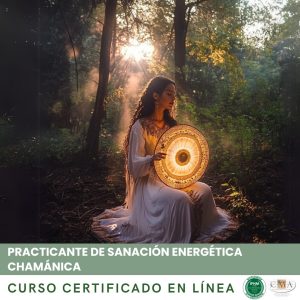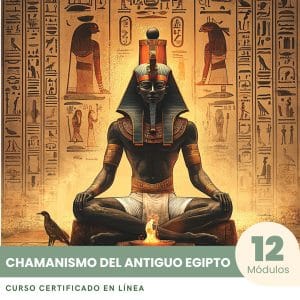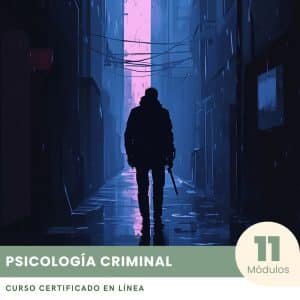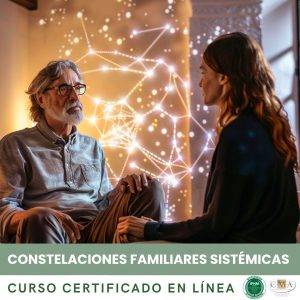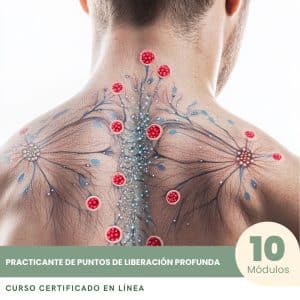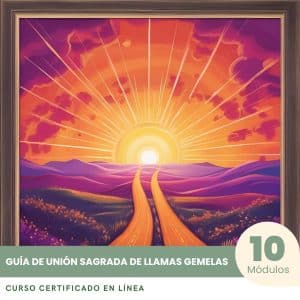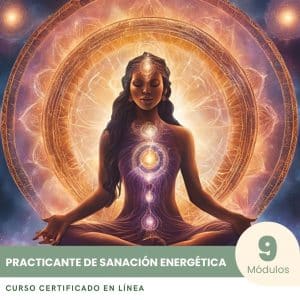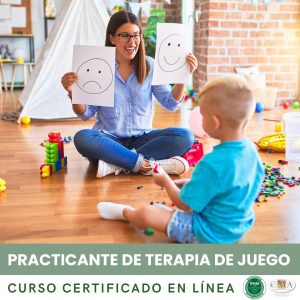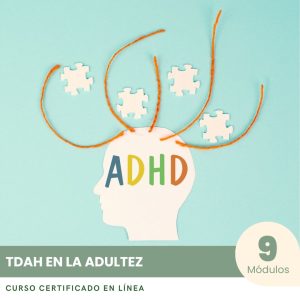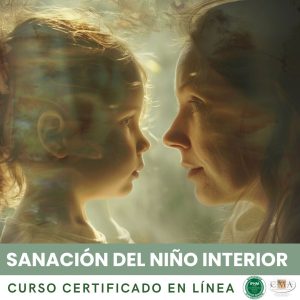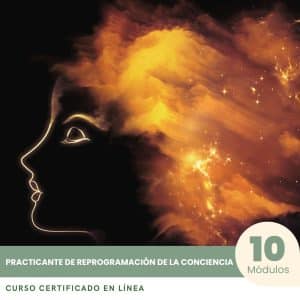- Item added to cart
Coach de Salud Integrativa - Curso Certificado
1 X $62.00 $31.62
= $31.62
Practicante de Sanación Divina Femenina - Curso Certificado
1 X $62.00 $31.62
= $31.62
Practicante de Sanación Ancestral - Curso Certificado
1 X $62.00 $31.62
= $31.62
Experto en Psicología de la Adicción - Curso Certificado
1 X $62.00 $31.62
= $31.62
Coach de Menopausia - Curso Certificado
1 X $62.00 $31.62
= $31.62
Coach de Transición Postparto - Curso Certificado
1 X El precio original era: $247.00.$62.00El precio actual es: $62.00.
= $62.00
Practicante de Sanación Energética Equina - Curso Certificado
1 X El precio original era: $247.00.$62.00El precio actual es: $62.00.
= $62.00
Entrenador de mentalidad - Curso Certificado
1 X El precio original era: $247.00.$62.00El precio actual es: $62.00.
= $62.00
Coach de Duelo por la Pérdida de Mascotas - Curso Certificado
1 X El precio original era: $247.00.$62.00El precio actual es: $62.00.
= $62.00
Coach en Neurociencia - Curso Certificado
1 X El precio original era: $247.00.$62.00El precio actual es: $62.00.
= $62.00


